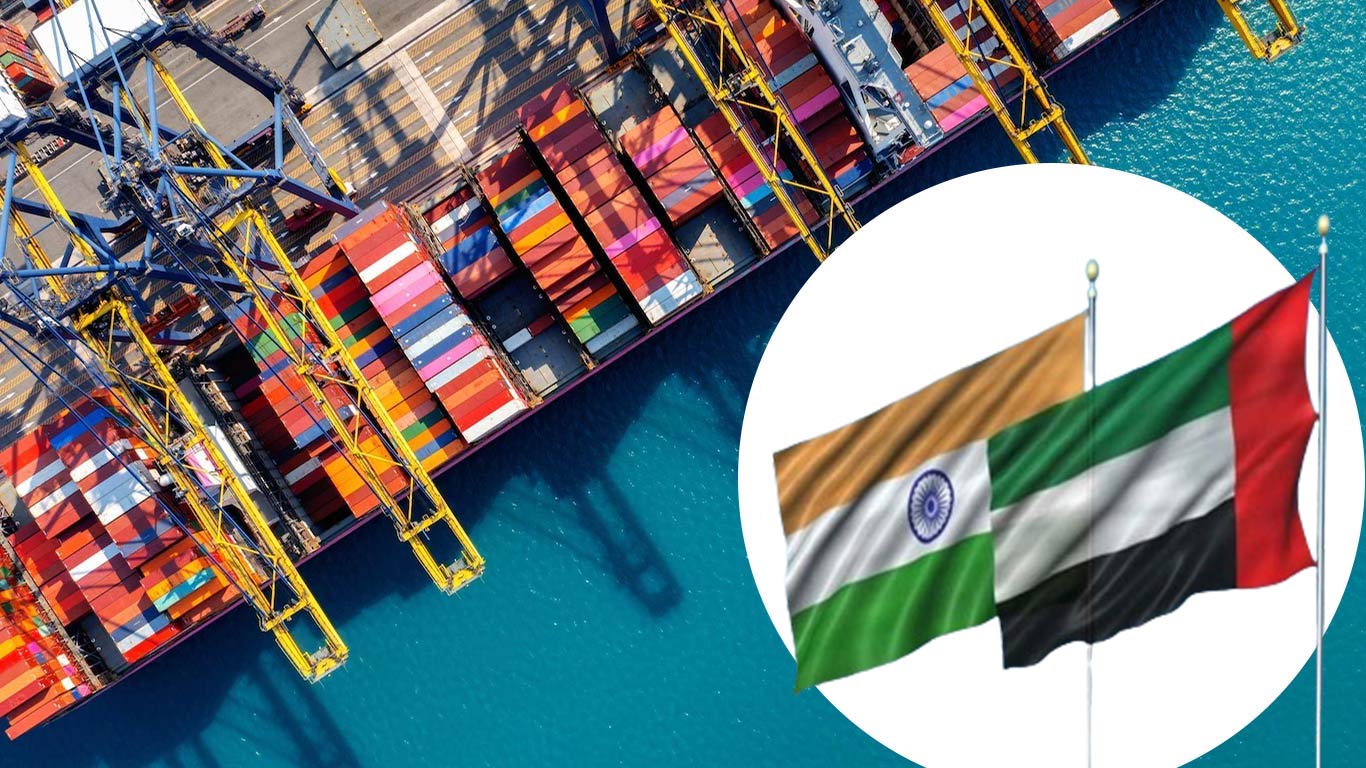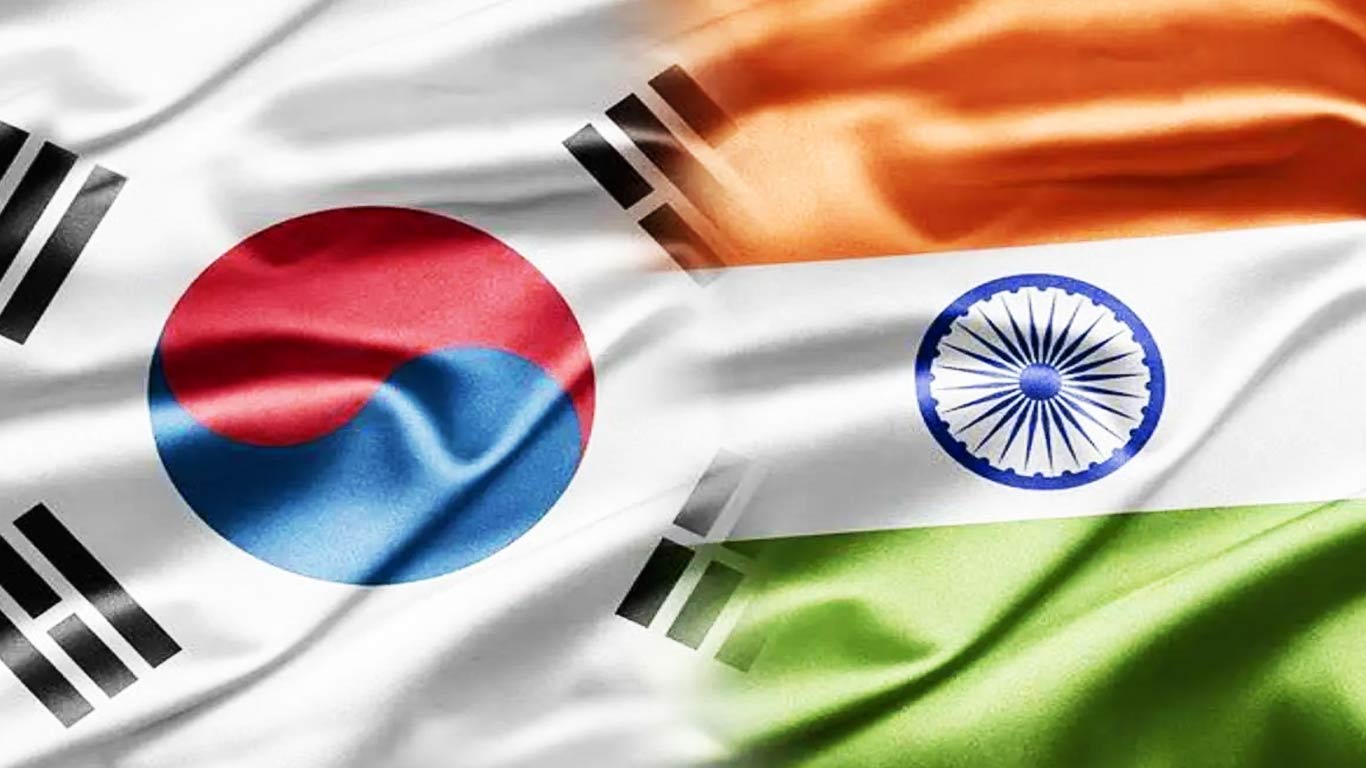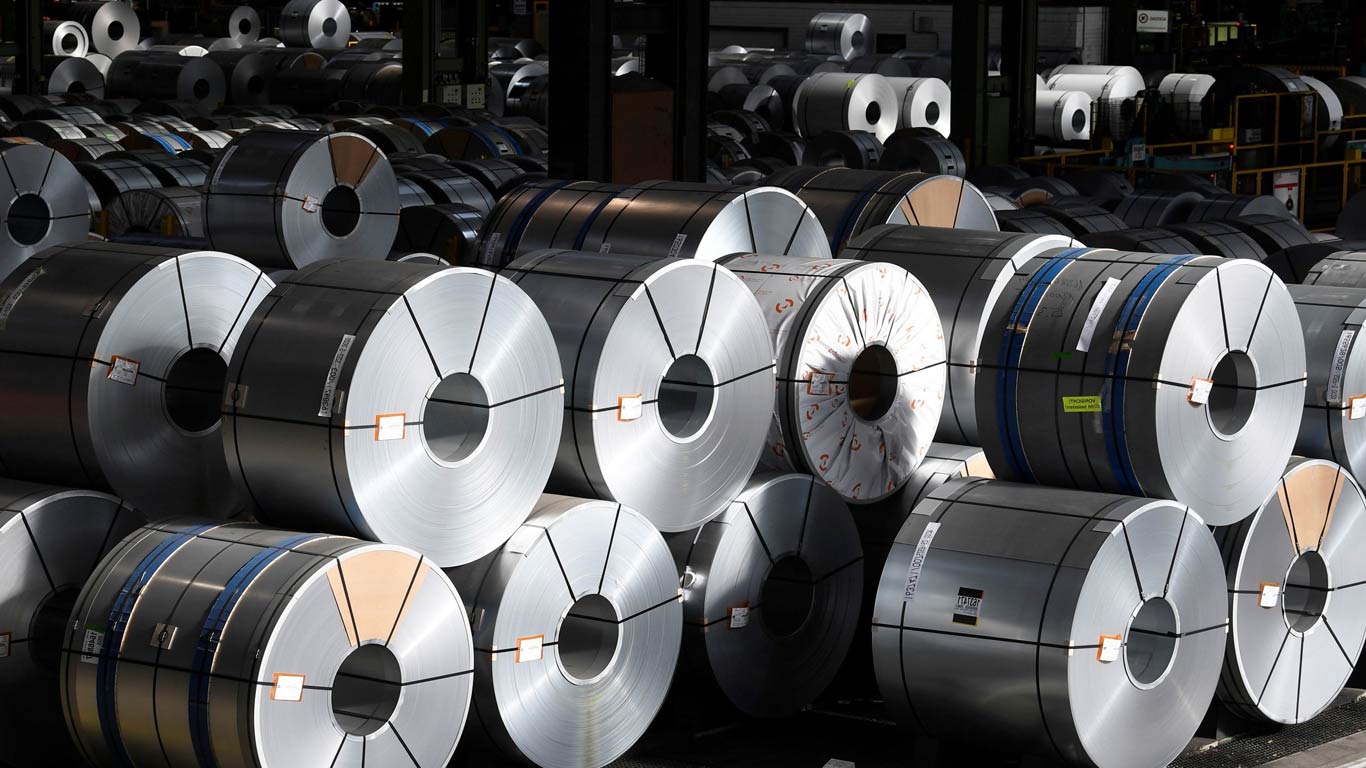India Reviews ASEAN Trade Pact To Address Duty Structure Anomalies
Updated: Apr 12, 2024 05:06:21pm

India Reviews ASEAN Trade Pact To Address Duty Structure Anomalies
New Delhi, Apr 12 (KNN) India has initiated a comprehensive review of its trade agreement with the Association of Southeast Asian Nations (ASEAN) to address several anomalies, including imbalances in import duties, rules of origin, and non-tariff barriers, that have undermined domestic manufacturing.
The Commerce and Industry Ministry has sought inputs from the industry to identify products where an inverted duty structure, with higher taxes on input items compared to finished goods, is causing disadvantages for local manufacturers, reported ET.
"One round of physical negotiations has happened, and we have agreed on modalities of the overall review process of the pact. Both sides have different sets of expectations, but at the end of it, we want deeper trade," an official stated.
India's trade deficit with ASEAN has surged significantly, reaching USD 43.6 billion in the fiscal year 2022-23, up from USD 25.8 billion in 2021-22 and USD 5 billion in 2010-11.
New Delhi is concerned about the potential routing of exports from third countries through ASEAN members to take advantage of the duty benefits available under the agreement.
Officials stated that data is being collated on the inverted duty structure, and one round of consultations with the industry has taken place to address various issues.
"It is an offensive interest of India to correct the anomalies and gauge the challenges on duty, rules of origin, and non-tariff issues. How much we will be able to correct, the contours of that would be decided," the official added.
Certain products, including ferro alloys, aluminium, copper pipes and tubes, textile staple fibres, and some chemical preparations, have been identified as sectors where the Indian industry faces a disadvantage due to the inverted duty structure.
While India has implemented measures such as production-linked incentive (PLI) schemes, higher import tariffs, and import monitoring to encourage local manufacturing, several trade agreements negotiated earlier are seen as stumbling blocks.
(KNN Bureau)











